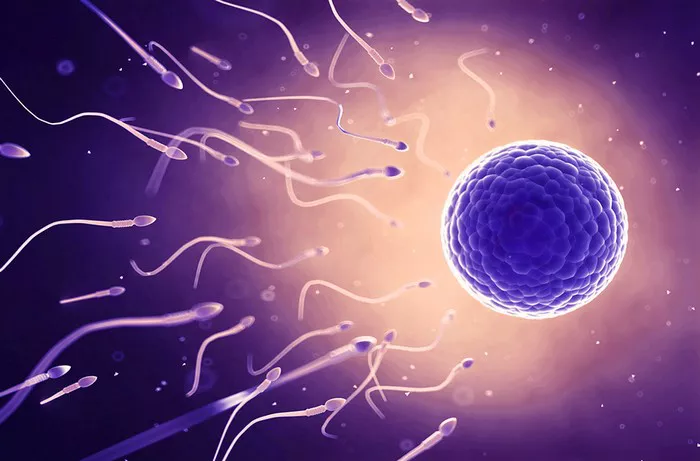Premature ejaculation, the bane of many men’s sexual experiences, can be frustrating and even distressing for both partners. It’s a common issue that affects men of all ages, and while it may seem like a simple matter of control, the causes can be complex. In this article, we’ll explore the factors that contribute to premature ejaculation, shedding light on what makes a man release quickly and how to address this concern.
1. Psychological Factors:
Picture the mind as a conductor orchestrating the symphony of sexual arousal. Psychological factors such as anxiety, stress, and performance pressure can disrupt this delicate balance, leading to premature ejaculation. Just as a sudden change in tempo can throw off a musical performance, mental distractions or negative thoughts can interfere with ejaculation control. Addressing underlying psychological issues through therapy or relaxation techniques can help improve ejaculatory control.
2. Relationship Dynamics:
Consider the relationship between partners as the foundation of sexual harmony. Relationship conflicts, unresolved issues, or lack of emotional intimacy can create tension and affect sexual performance. Like a poorly tuned instrument in an ensemble, relationship discord can lead to discordant sexual experiences, including premature ejaculation. Open communication, mutual understanding, and relationship counseling can help address underlying issues and improve sexual satisfaction.
3. Sexual Habits and Conditioning:
Think of sexual habits and conditioning as the rehearsal process for the main performance. Masturbation techniques, frequency of sexual activity, and past sexual experiences can all influence ejaculatory control. Just as practicing a piece of music repeatedly can reinforce certain patterns, habitual behaviors during solo or partnered sexual activities can impact ejaculation timing. Exploring different techniques, pacing oneself during arousal, and practicing mindfulness can help recondition sexual responses and improve ejaculatory control.
4. Physiological Factors:
Imagine the body as a finely tuned instrument, with various systems working together to produce a harmonious melody. Physiological factors such as hormonal imbalances, hypersensitivity of the penile nerves, or genetic predispositions can affect ejaculatory function. Like a glitch in the system, these physiological issues can disrupt the natural rhythm of sexual response, leading to premature ejaculation. Seeking medical evaluation and treatment for underlying health conditions can help address physiological factors contributing to quick release.
5. Performance Anxiety:
Consider the bedroom as a stage where performance anxiety takes center stage. Fear of disappointing a partner or feeling inadequate can create pressure to perform, leading to heightened arousal and premature ejaculation. Just as stage fright can cause a musician to falter during a performance, performance anxiety can interfere with sexual performance and ejaculation control. Relaxation techniques, mindfulness practices, and reassurance from a supportive partner can help alleviate performance anxiety and improve sexual confidence.
6. Sensory Stimulation:
Think of sensory stimulation as the conductor’s baton, directing the intensity and tempo of sexual arousal. Overstimulation of the penis or hypersensitivity of the glans can lead to rapid ejaculation. Like a crescendo building to a climax, intense sensory input can trigger a quick release. Experimenting with different sexual techniques, using thicker condoms to reduce sensitivity, or practicing the start-stop method during sexual activity can help modulate sensory stimulation and prolong ejaculation.
7. Alcohol and Substance Use:
Consider alcohol and substance use as the disruptive elements that throw off the rhythm of sexual performance. Excessive alcohol consumption or drug use can impair judgment, decrease inhibitions, and affect neurotransmitters involved in sexual arousal and ejaculation. Like a discordant note in a musical composition, alcohol and substance use can disrupt the flow of sexual activity and lead to premature ejaculation. Moderating alcohol consumption and avoiding recreational drugs can help improve ejaculatory control.
Conclusion:
In conclusion, premature ejaculation is a multifaceted issue influenced by psychological, relational, physiological, and behavioral factors. By understanding the various factors that contribute to quick release, men can take proactive steps to address premature ejaculation and improve sexual satisfaction. Seeking therapy, practicing relaxation techniques, exploring different sexual techniques, and addressing underlying health issues can help men overcome premature ejaculation and enjoy fulfilling sexual experiences.























